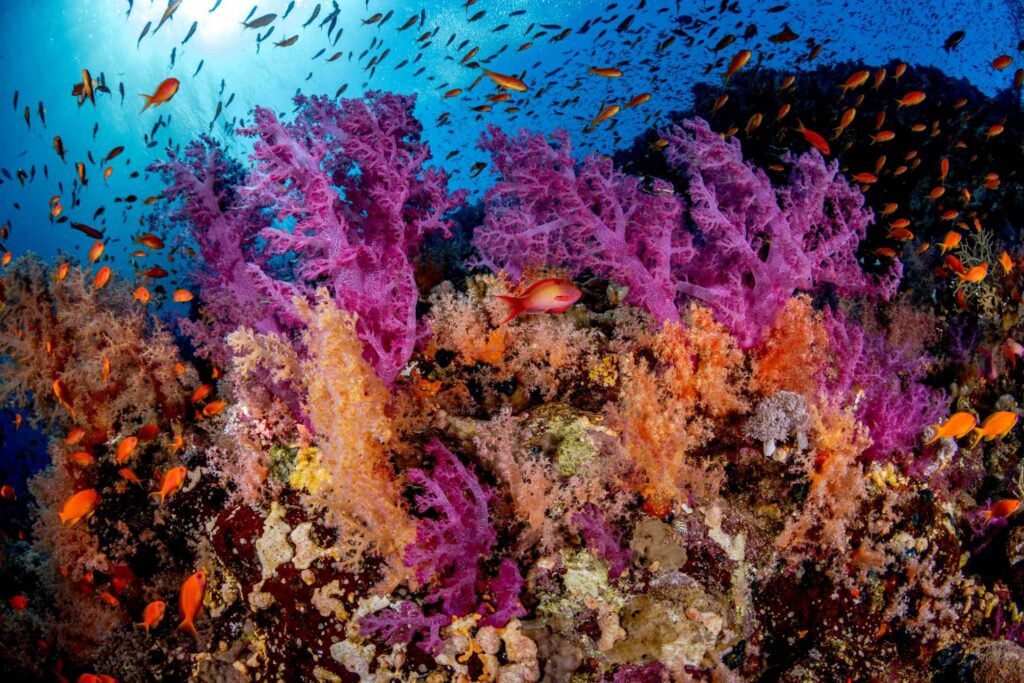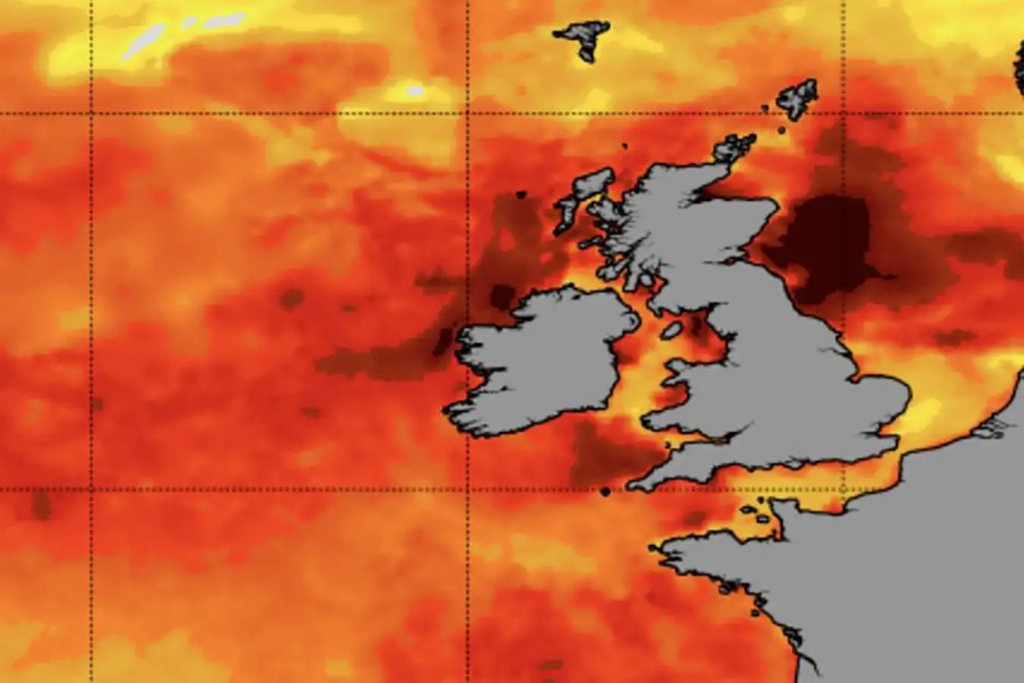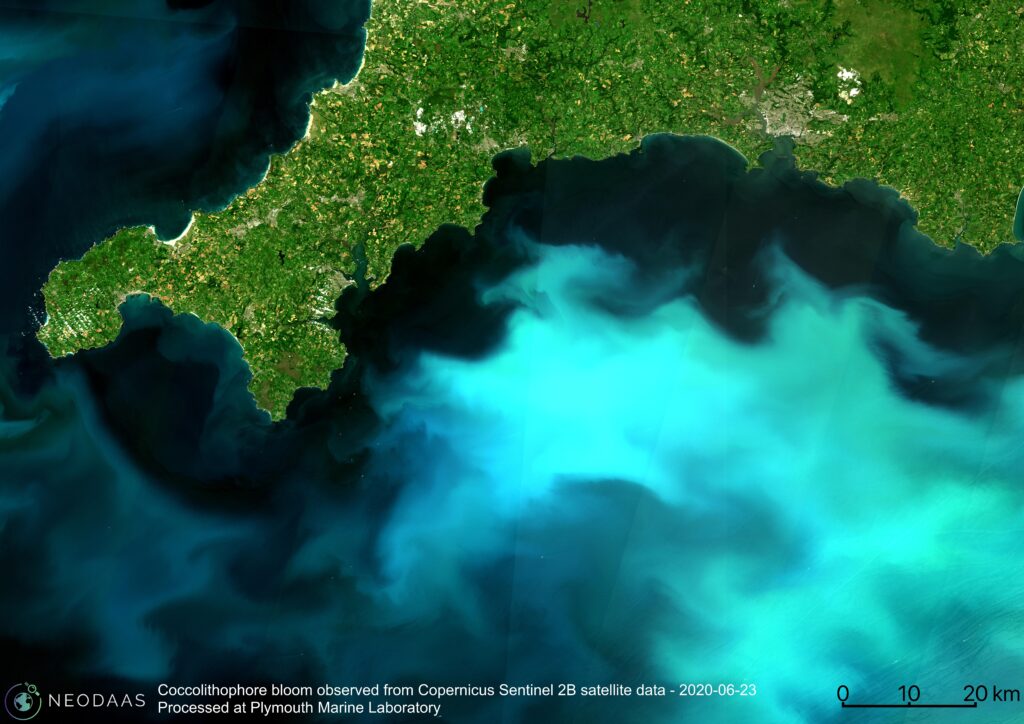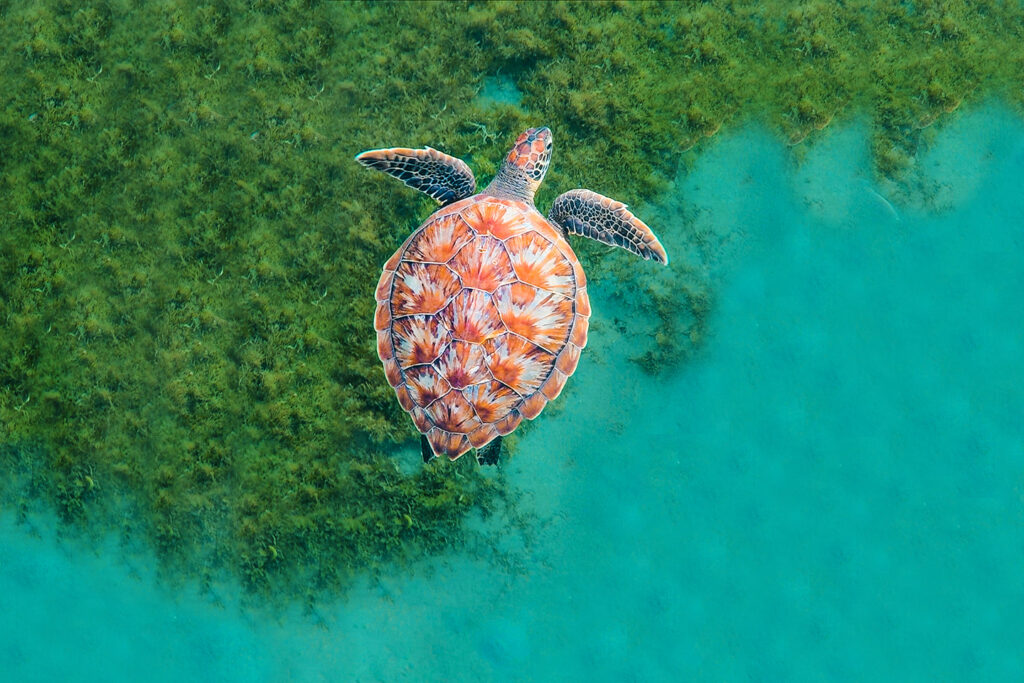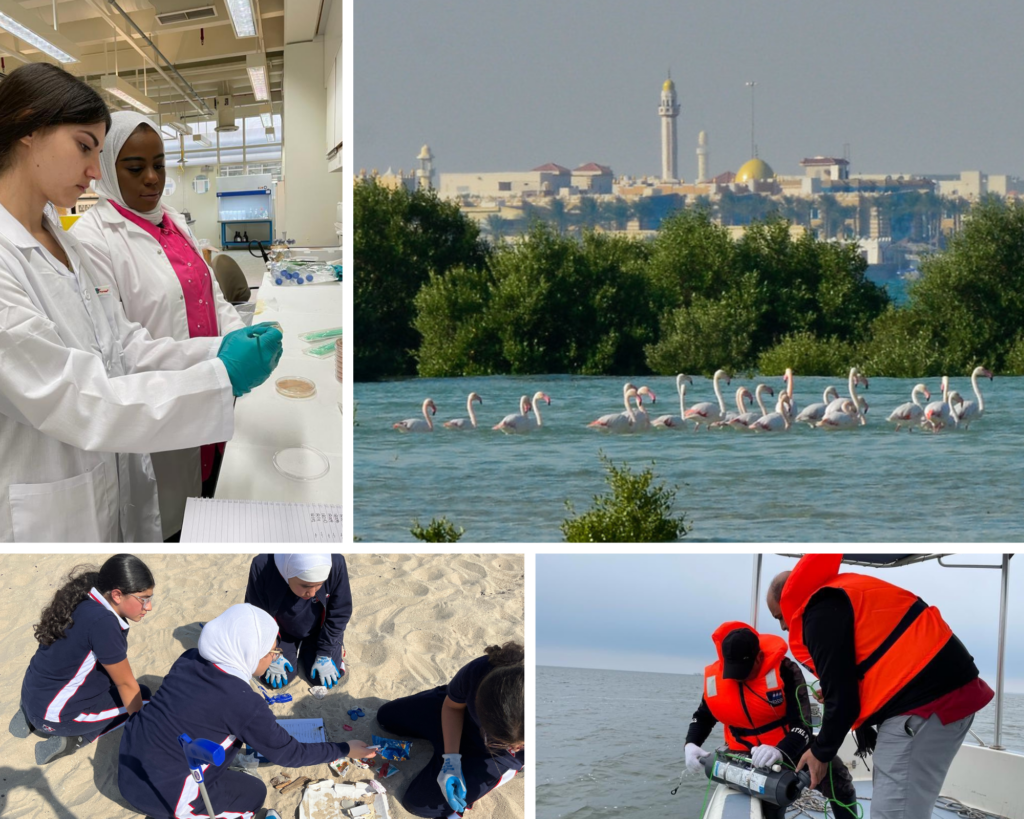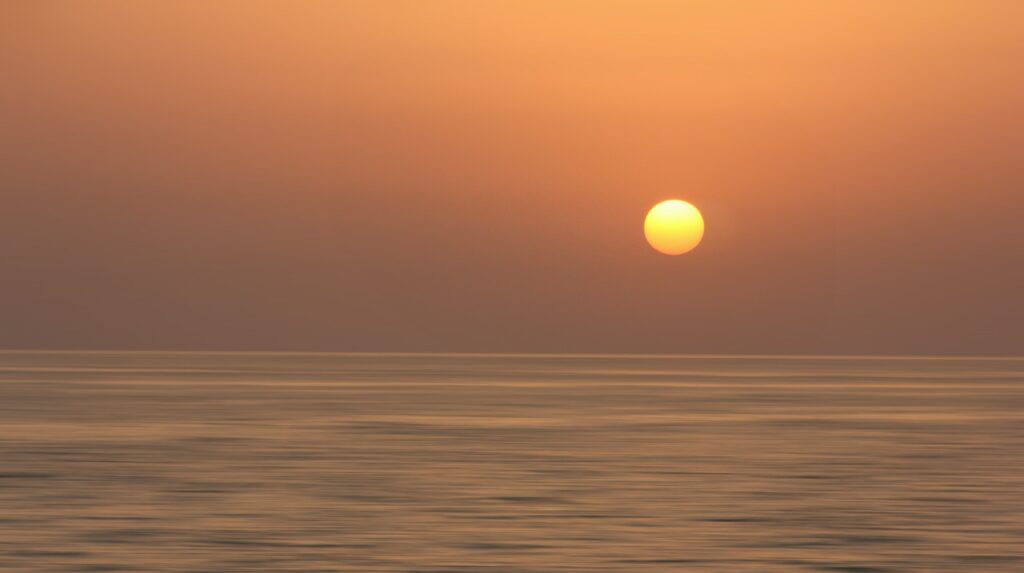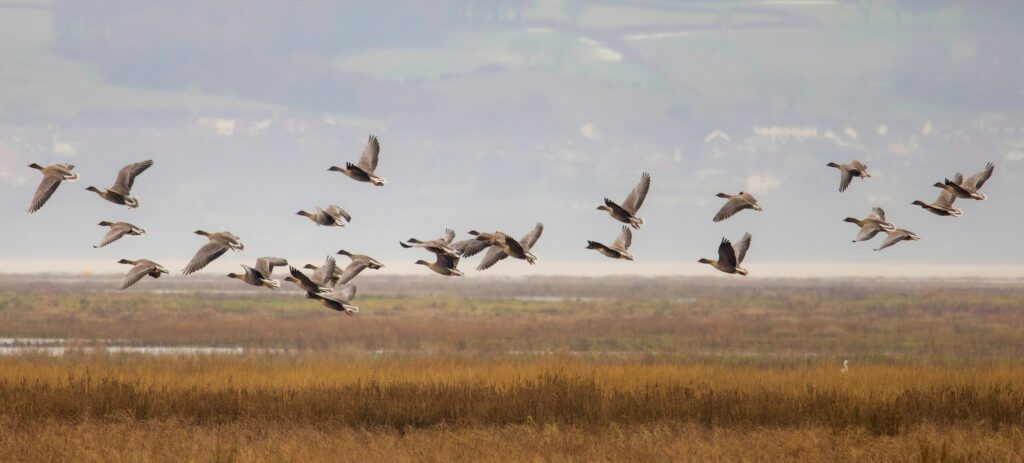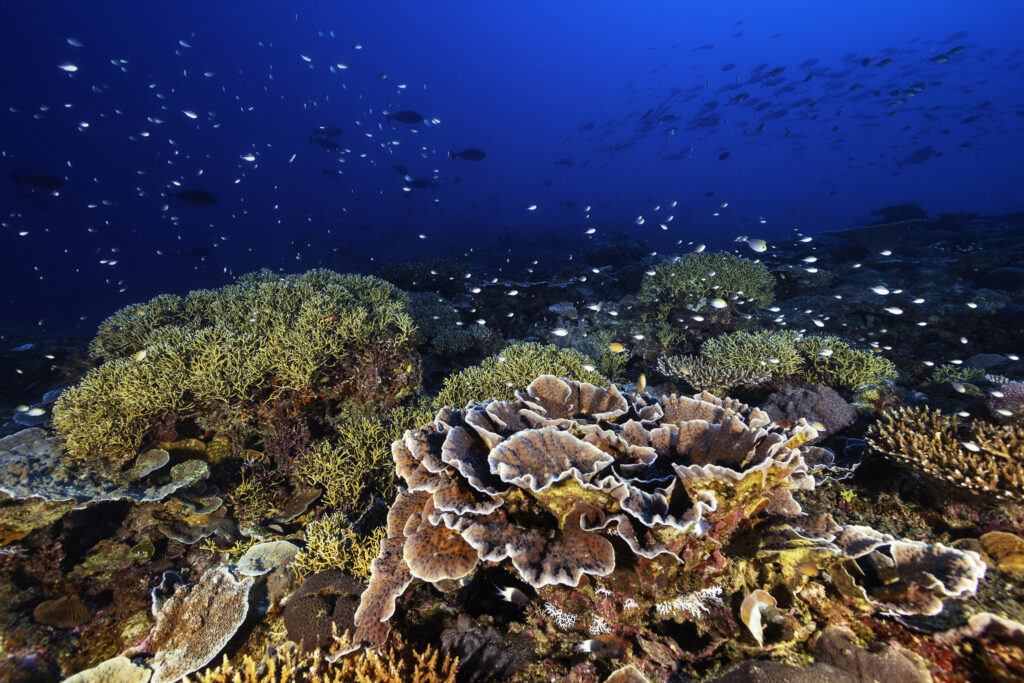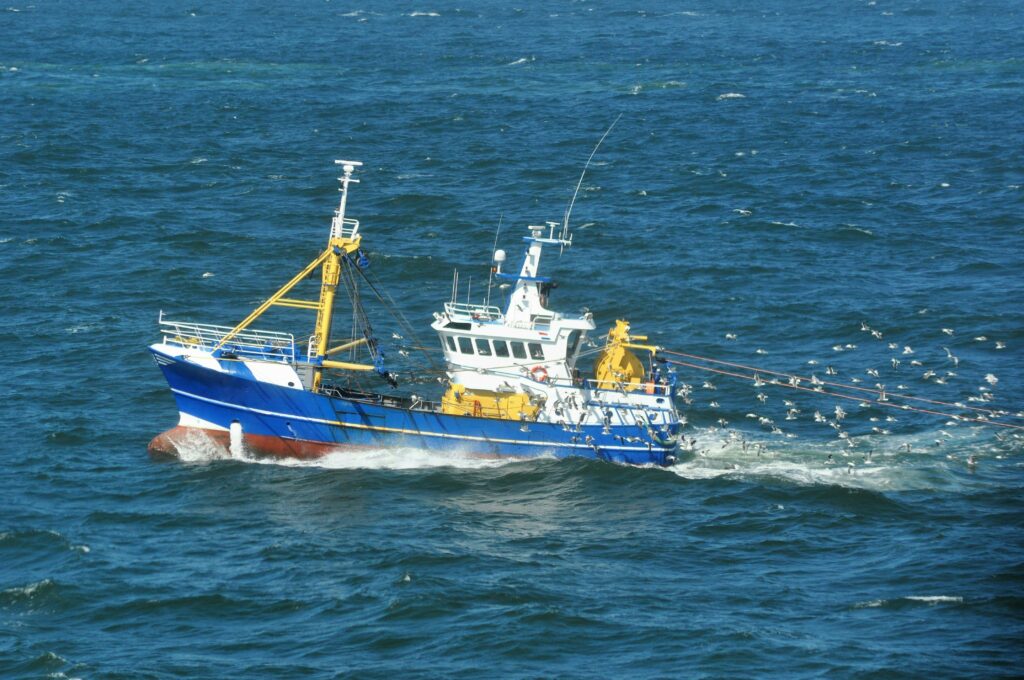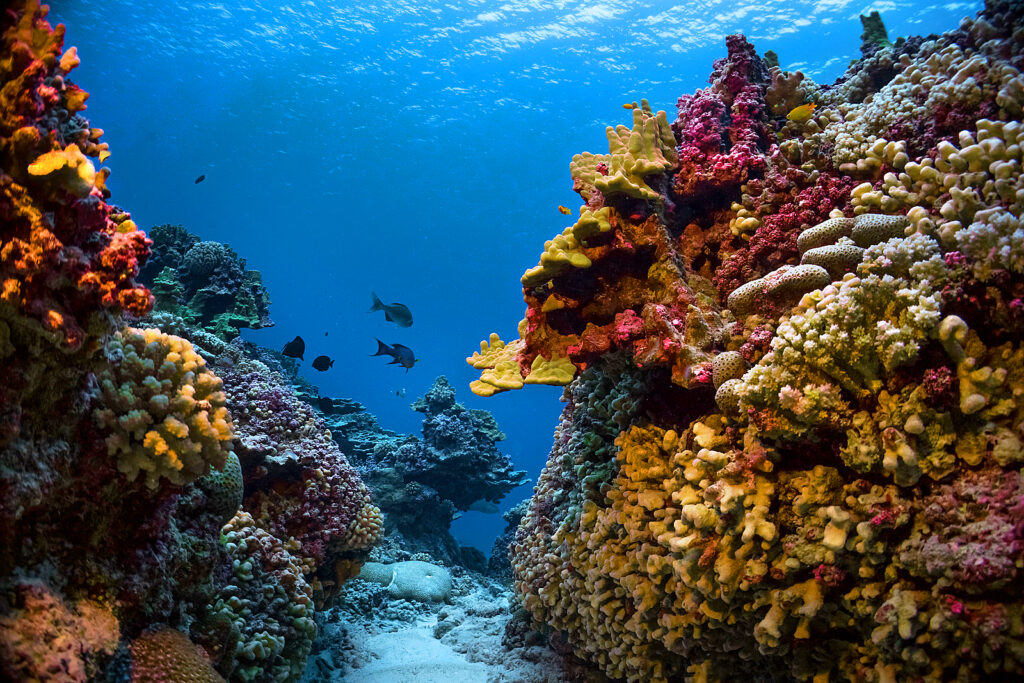adaptation
Coral reefs are vital for our oceans. They are among the most diverse and productive ecosystems on the planet, providing habitat for a vast array of marine life. They also provide livelihoods for over 600 million people, and coastal protection …
By John Pinnegar, Director of the International Marine Climate Change Centre, Cefas and Caroline Rowland, Head of Oceans, Cryosphere and Dangerous Climate Change, Met Office. In 2023 and 2024, global air temperatures reached unprecedented levels, with 2023 being officially the …
In this new Marine Science blog, scientists from Cefas, the University of Plymouth, and Environment Agency discuss new research by the Pelagic Natural Capital project (PelCap), which is helping to monitor the impact of human activities on plankton health in …
The importance of mangroves and other blue carbon ecosystems in mitigating the impacts of climate change is once again high on the agenda at this year’s Nature, Land-use, and Oceans Day at the UN Climate Change Conference COP28 in Dubai. …
Our Climate, Health, and Environment Resilience Programme (CHERP) has recently kicked off another year of activity in the Middle East. With the UN Climate Change COP28 currently underway in the region, we are taking a look back at what we …
As world leaders meet at the United Nations Framework Convention on Climate Change (UNFCCC) 28th Conference of the Parties (COP28) in Dubai this week, Cefas Middle East Programme Director Will Le Quesne, discusses the challenge of climate change facing the …
Natural capital refers to parts of the natural environment, such as forests, fisheries, rivers, biodiversity, land and minerals, that provide valuable goods and services to society. Much like human capital (labour, skills and experience), recent reviews recognise that natural capital should …
Coral reefs are one of the most important ecosystems in the world, supporting up 25% of the ocean’s marine life. However, warming temperatures and ocean acidification have led to a decline in coral reef richness in much of the tropics. In …
How can UK fisheries achieve Net Zero by 2050? With the Fifth Symposium on the Effects of Climate Change on the World’s Oceans (ECCWO5) underway this week in Norway, Cefas Scientist, Georg Engelhard tells us about his new report looking …
The UK overseas territory of the Pitcairn Islands is one of the most remote in the world. Spanning the four small islands of Pitcairn, Oeno, Henderson, and Ducie, they form part of a remote volcanic outcrop in the Southern …
